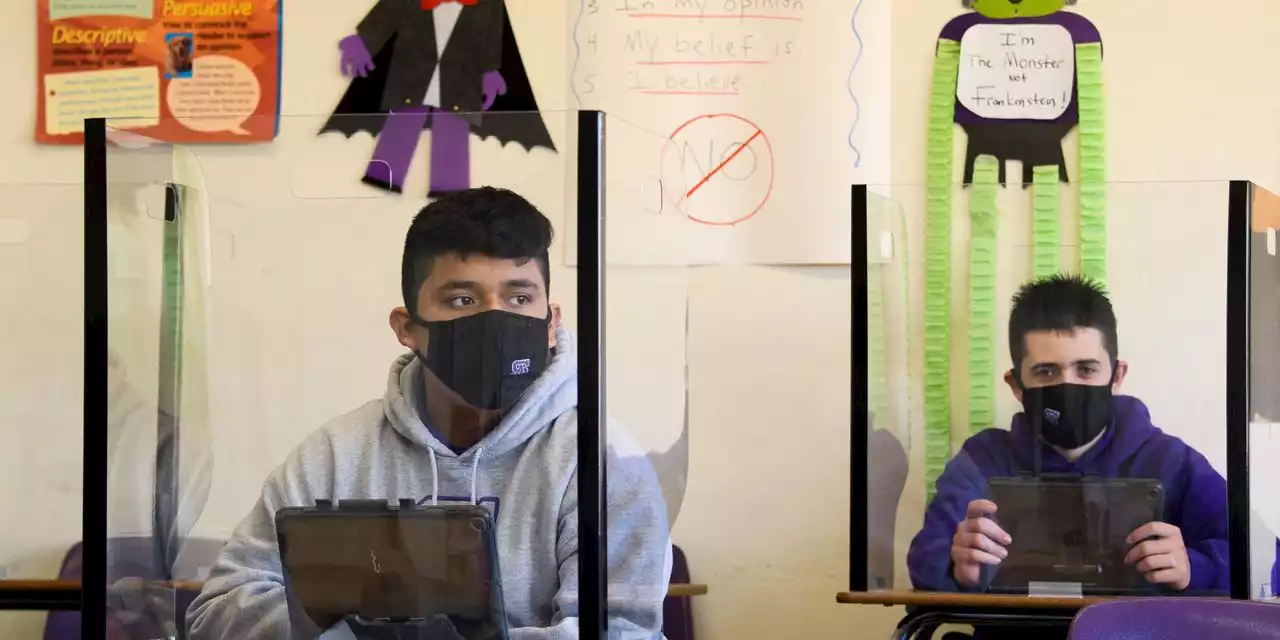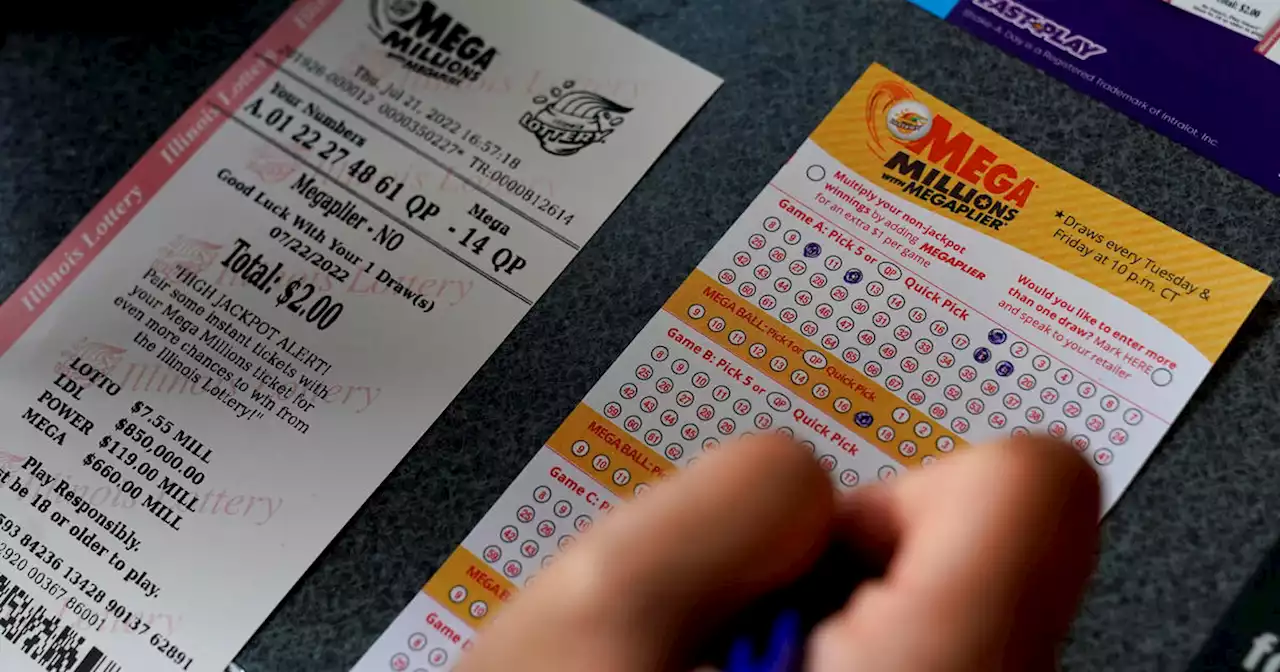From the Archives: Some human societies lack words for numbers. What does this say about the rest of us—and human evolution?
This article was originally published at The Conversation and has been republished under Creative Commons.
But, in a historical sense, numerically fixated people like us are the unusual ones. For the bulk of our species’ approximately 200,000-year lifespan, we had no means of precisely representing quantities. What’s more, the 7,000 or so languages that exist today vary dramatically in how they utilize numbers.
Without numbers, healthy human adults struggle to precisely differentiate and recall quantities as low as four. In an experiment, a researcher will place nuts into a can one at a time, then remove them one by one. The person watching is asked to signal when all the nuts have been removed. Responses suggest that anumeric people have some trouble keeping track of how many nuts remain in the can, even if there are only four or five in total.
Yet numberless people struggle with tasks that require precise discrimination between quantities. Perhaps this should be unsurprising. After all, without counting, how can someone tell whether there are, say, seven or eight coconuts in a tree? Such seemingly straightforward distinctions become blurry through numberless eyes.Children and animals This conclusion is echoed by work with anumeric children in industrialized societies.
None of us, then, is really a “numbers person.” We are not predisposed to handle quantitative distinctions adroitly. In the absence of the cultural traditions that infuse our lives with numbers from infancy, we would all struggle with even basic quantitative distinctions. We speak a decimal language because an ancestral tongue, proto-Indo-European, was decimally based. Proto-Indo-European was decimally oriented because, as in so many cultures, our linguistic ancestors’ hands served as the gateway to realizations like “five fingers on this hand is the same as five fingers on that hand.” Such transient thoughts were manifested into words and passed down across generations. This is why the word “five” in many languages is derived from the word for “hand.
United States Latest News, United States Headlines
Similar News:You can also read news stories similar to this one that we have collected from other news sources.
 Mega Millions jackpot grows to $830M, nation's 4th largest prize28 consecutive drawings without anyone matching all six numbers has allowed the jackpot to gradually grow from its $20 million starting point in April.
Mega Millions jackpot grows to $830M, nation's 4th largest prize28 consecutive drawings without anyone matching all six numbers has allowed the jackpot to gradually grow from its $20 million starting point in April.
Read more »
 Public school districts facing decision over face mask wearing, as BA.5 creates high levels of community transmissionA growing number of public school districts across the U.S. are reinstating face-mask mandates, or considering doing so, as they seek to protect students...
Public school districts facing decision over face mask wearing, as BA.5 creates high levels of community transmissionA growing number of public school districts across the U.S. are reinstating face-mask mandates, or considering doing so, as they seek to protect students...
Read more »
 How To Actually Get More Done Without Stressing Yourself OutHow do you actually get more done while doing less, day to day? Here are some practical tools from bestselling author and spiritual teacher _KimberlySnyder. ✍️
How To Actually Get More Done Without Stressing Yourself OutHow do you actually get more done while doing less, day to day? Here are some practical tools from bestselling author and spiritual teacher _KimberlySnyder. ✍️
Read more »
 US Independence Day parade shooter charged on over 100 countsUS authorities indict Robert Crimo, the 21-year-old man accused of carrying out the deadly mass shooting at a July 4 parade near Chicago, on 117 counts of murder and other charges
US Independence Day parade shooter charged on over 100 countsUS authorities indict Robert Crimo, the 21-year-old man accused of carrying out the deadly mass shooting at a July 4 parade near Chicago, on 117 counts of murder and other charges
Read more »
 Mega Millions jackpot climbs to $1.025 billionThe winning numbers for the $830 million Mega Millions jackpot are in. One ticket matching five numbers was sold in Baker, California worth $2.9 million.
Mega Millions jackpot climbs to $1.025 billionThe winning numbers for the $830 million Mega Millions jackpot are in. One ticket matching five numbers was sold in Baker, California worth $2.9 million.
Read more »
